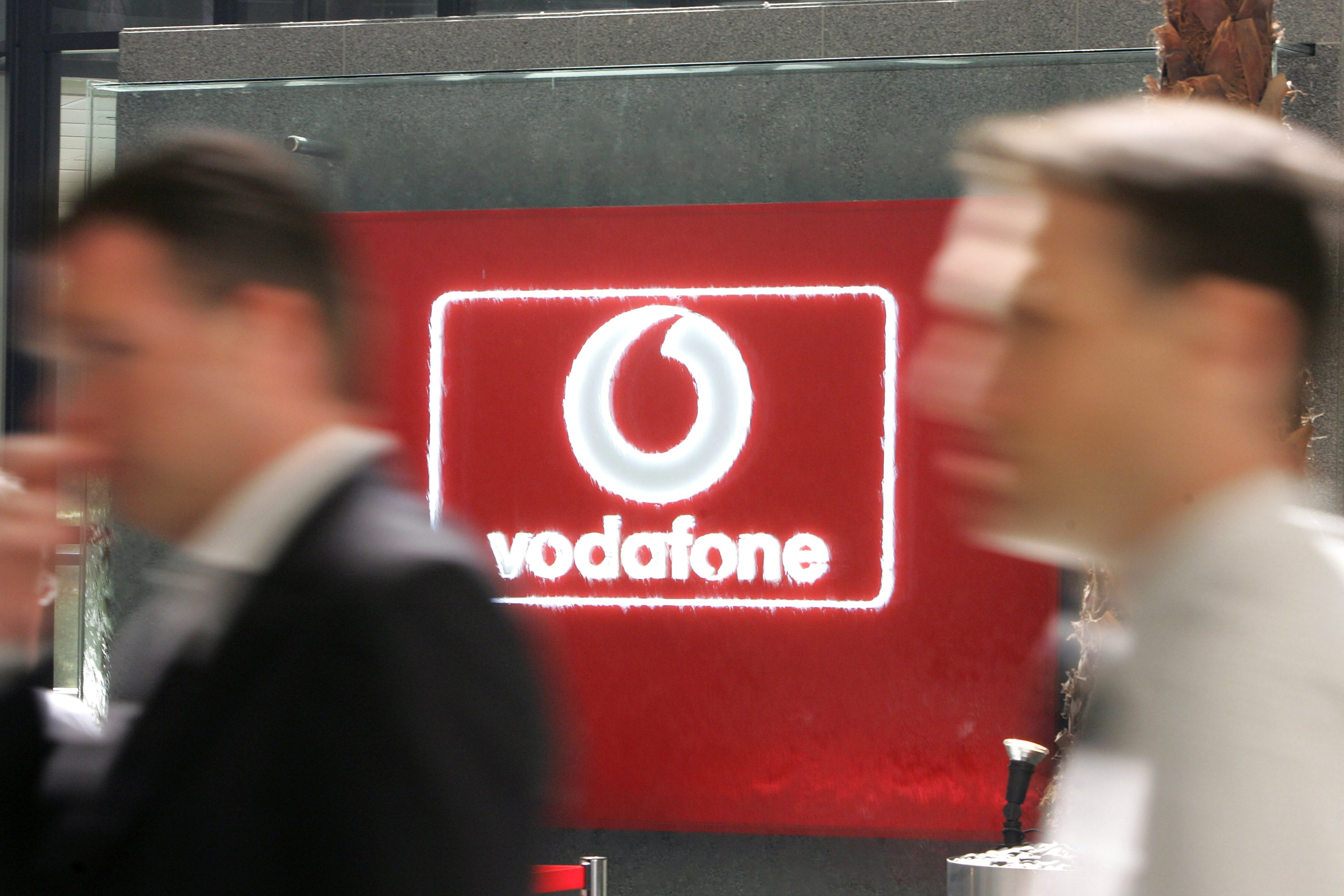
The proposed merger between phone networks Vodafone and Three has reached a new stage after the competition watchdog cleared the plans.
Subject to certain legal commitments, the £15bn deal can now go ahead having secured the approval of the Competition and Markets Authority (CMA).
The green light concludes an investigation by the competition watchdog launched in January 2024. The plans first came to light in June 2023.
Representing the UK’s third and fourth biggest network operators, Vodafone and Three’s merger deal would create the largest phone network in the UK, overtaking O2.

The plans had been criticised by industry figures and consumer champions for the potential to weaken competition between network providers and increase prices for customers.
The CMA has now addressed both of these key issues, stipulating that any deal between the companies must take precautions to prevent these knock-on effects.
Stuart McIntosh, chair of the independent inquiry group leading the investigation, said: “It’s crucial this merger doesn’t harm competition, which is why we’ve spent time considering how it could impact the telecoms market.
“Having carefully considered the evidence, as well as the extensive feedback we have received, we believe the merger is likely to boost competition in the UK mobile sector and should be allowed to proceed – but only if Vodafone and Three agree to implement our proposed measures.”
Will the Vodafone-Three merger cause phone bills to go up?
The CMA said both providers must cap selected mobile tariffs and data plans for three years after they merge. This rule is designed to protect current customers from any sudden price rises.
However, the watchdog’s statement does not make clear how this would be implemented. Three has some of the cheapest deals in the UK, with Vodafone’s generally costing slightly more.
For their part, Vodafone and Three had promised to cap their lowest-cost mobile plans at £10 for two years.
While the measure should protect consumers in the short term, some critics have said the deal will inevitably lead to price rises. Unite, one of the UK’s largest unions, has claimed the deal could cause phone bills to rise as much as £300 a year. This is an assessment the two companies reject.

Rocio Concha, Which? director of policy and advocacy, said: “A good, affordable mobile connection is essential to daily life and the Vodafone and Three merger will have a significant impact on the telecoms market.
“The two companies are currently close competitors so the merger is likely to reduce competitive pressure in the market which could lead to higher prices and lower quality for consumers, at least in the short term.
“The CMA has taken a gamble with the package of remedies it has settled on. For this merger to work for consumers, the CMA and Ofcom must rigorously monitor whether the merged company sticks to its commitments and be prepared to act decisively if it does not.”
The firms said they will also encourage so-called virtual providers to access their network, so smaller operators can offer good deals for customers.
Furthermore, Vodafone and Three reiterated their commitment to invest £11 billion in the UK’s infrastructure, adding they are “happy for Ofcom to monitor and enforce” the plans.
Vodafone chief Margherita Della Valle said the decision “creates a new force in the UK’s telecoms market and unlocks the investment needed to build the network infrastructure the country deserves”.
“Consumers and businesses will enjoy wider coverage, faster speeds and better-quality connections across the UK, as we build the biggest and best network in our home market,” she said.
“[The] approval releases the handbrake on the UK’s telecoms industry, and the increased investment will power the UK to the forefront of European telecommunications.”
Canning Fok, deputy chairman of CK Hutchison, which owns Three UK, said the merger would make sure “customers across the country benefit from world-beating network quality”.







